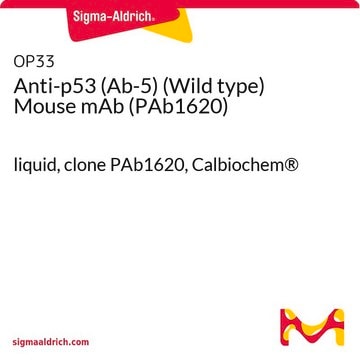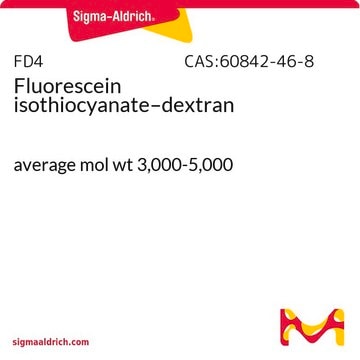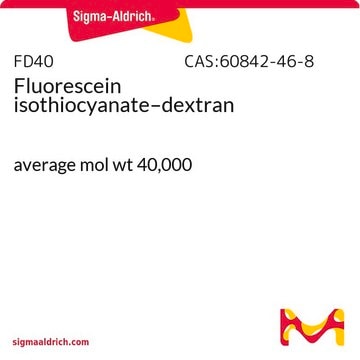General description
Tyrosine-protein kinase Lck (UniProt: P06239; also known a EC:2.7.10.2, Leukocyte C-terminal Src kinase, LSK, Lymphocyte cell-specific protein-tyrosine kinase, Protein YT16, Proto-oncogene Lck, T cell-specific protein-tyrosine kinase, p56-LCK) is encoded by the LCK gene (Gene ID: 3932) in human. Lck is a non-receptor tyrosine kinase that is specifically expressed in lymphoid cells. Its protein kinase domain is localized to amino acids 245-498. It plays an essential role in the selection and maturation of developing T-cells in the thymus and also plays a role in function of mature T-cells. It is reported to constitutively associate with the cytoplasmic region of the CD4 and CD8 receptors. It also plays a role in T-cell antigen receptor (TCR)-linked signaling. Association of the TCR with a peptide antigen-bound MHC complex facilitates the interaction of CD4 and CD8 with MHC class II and class I molecules, respectively. This results in recruitment of Lck to the vicinity of the TCR/CD3 complex where Lck can phosphorylate tyrosine residues within the immunoreceptor tyrosine-based activation motifs (ITAM) of the cytoplasmic tails of the TCR- chains and CD3 subunits that initiates the TCR/CD3 signaling. Once stimulated, the TCR recruits the tyrosine kinase ZAP70 that becomes phosphorylated and activated by Lck. Following this, a large number of signaling molecules are recruited, ultimately leading to lymphokine production. Autophosphorylation of Lck on tyrosine 394 increases its enzyme activity, whereas phosphorylation on tyrosine 505 by C-terminal Src kinase (CSK) results in a reduction in its activity. (Ref.: Rossy, J., et al. (2012). Front. Immunol. 3; 167; Bergman, M., et al. (1992). EMBO J. 11(8); 2919-2924).
Specificity
This rabbit polyclonal antibody detects Tyrosine-protein kinase Lck. It targets an epitope within the N-terminal region.
Immunogen
GST-tagged recombinant fragment corresponding to the first 58 amino acids from the N-terminal region of human Tyrosine-protein kinase Lck.
Application
Quality Control Testing
Evaluated by Western Blotting in Jurkat cell lysate.Western Blotting Analysis: A 1:1,000 dilution of this antibody detected Lck in Jurkat cell lysate.Tested Applications
Immunoprecipitation Analysis: A representative lot immunoprecipitated Lck in Jurkat cell lysate.Note: Actual optimal working dilutions must be determined by end user as specimens, and experimental conditions may vary with the end user.
Quality
routinely evaluated by immunoblot on RIPA lysates from Jurkat cells
Target description
~56 kDa observed; 58.0 kDa calculated. Uncharacterized bands may be observed in some lysate(s).
Physical form
Format: Purified
Protein A chromatography
Purified rabbit polyclonal antibody in buffer containing 0.1 M Tris-Glycine (pH 7.4), 150 mM NaCl with 0.05% sodium azide.
Storage and Stability
Store at -10°C to -25°C. Handling Recommendations: Upon receipt and prior to removing the cap, centrifuge the vial and gently mix the solution. Aliquot into microcentrifuge tubes and store at -20°C. Avoid repeated freeze/thaw cycles, which may damage IgG and affect product performance.
Analysis Note
Control
Positive Antigen Control: Catalog #12-303, Jurkat cell lysate.
Legal Information
UPSTATE is a registered trademark of Merck KGaA, Darmstadt, Germany
Disclaimer
Unless otherwise stated in our catalog or other company documentation accompanying the product(s), our products are intended for research use only and are not to be used for any other purpose, which includes but is not limited to, unauthorized commercial uses, in vitro diagnostic uses, ex vivo or in vivo therapeutic uses or any type of consumption or application to humans or animals.









